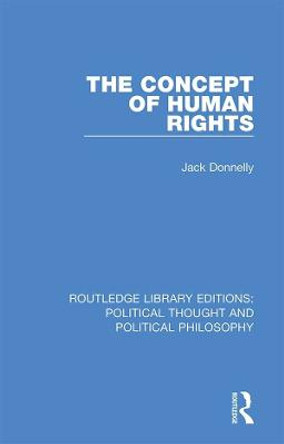Law regulates human behaviour, a phenomenon about which neuroscience has much to say. Neuroscience can tell us whether a defendant suffers from a brain abnormality, or injury and it can correlate these neural deficits with criminal offending. Using fMRI and other technologies it might indicate whether a witness is telling lies or the truth. It can further propose neuro-interventions to 'change' the brains of offenders and so to reduce their propensity to offend. And, it can make suggestions about whether a defendant knows or merely suspects a prohibited state of affairs; so, drawing distinctions among the mental states that are central to legal responsibility. Each of these matters has philosophical import; is a neurological 'deficit' inculpatory or exculpatory; what is the proper role for law if the mind is no more than the brain; is lying really a brain state and can neuroscience really 'read' the brain? In this edited collection, leading contributors to the field provide new insights on these matters, bringing to light the great challenges that arise when disciplinary boundaries merge.
Examines the particularly prescient implications that neuroscience has for legal responsibility, highlighting the philosophical and practical challenges that arise.About the AuthorBebhinn Donnelly-Lazarov is Professor at the Centre for Legal Philosophy, School of Law, University of Surrey. She is the author of A Philosophy of Criminal Attempts (Cambridge, 2015) and A Natural Law Approach to Normativity (2007). Her recent and ongoing work aims to show that a proper grasp of mind and action is indispensable to a proper understanding of criminal responsibility.
Book InformationISBN 9781108450928
Author Bebhinn Donnelly-LazarovFormat Paperback
Page Count 312
Imprint Cambridge University PressPublisher Cambridge University Press
Weight(grams) 450g
Dimensions(mm) 230mm * 150mm * 17mm







